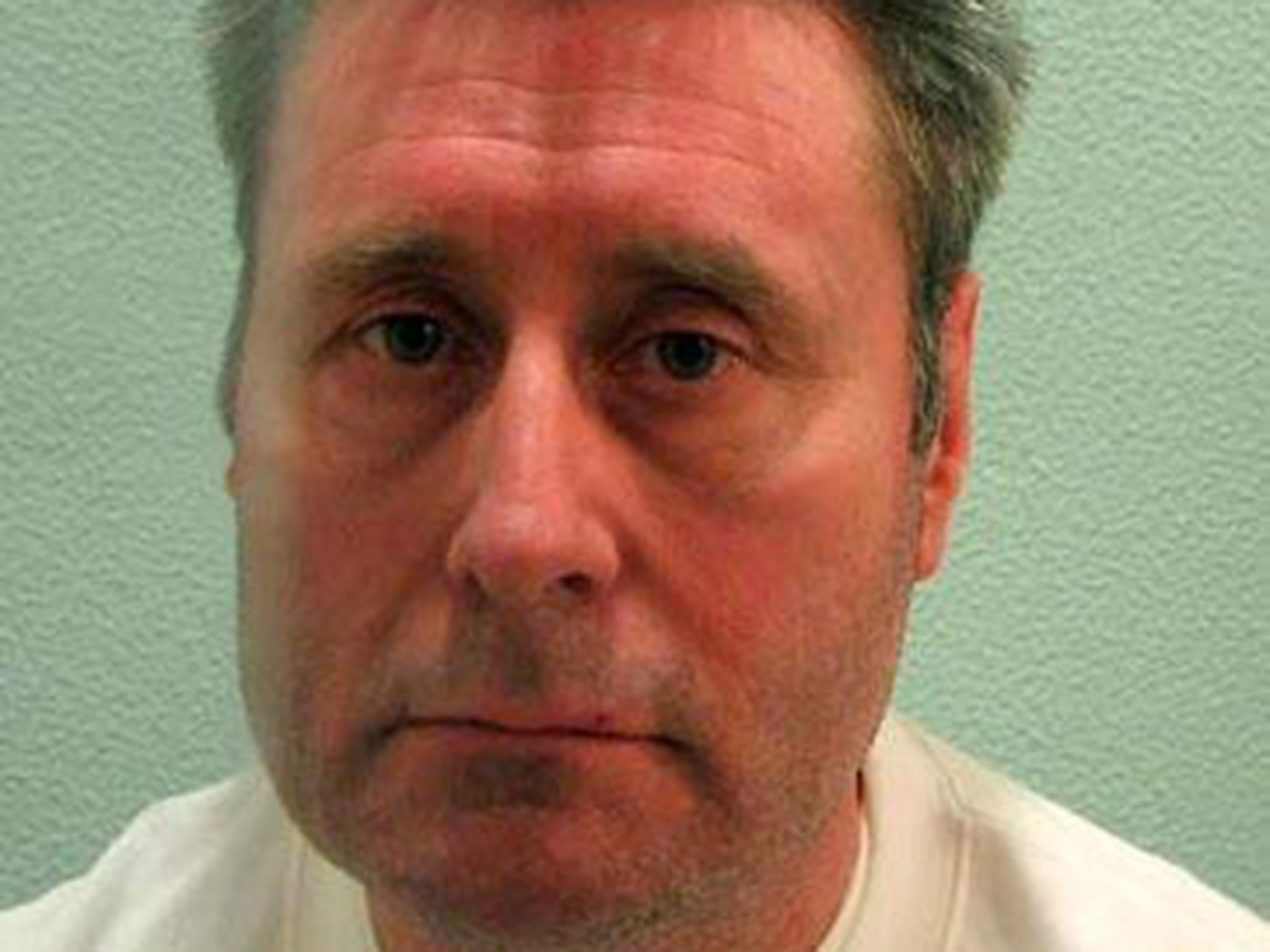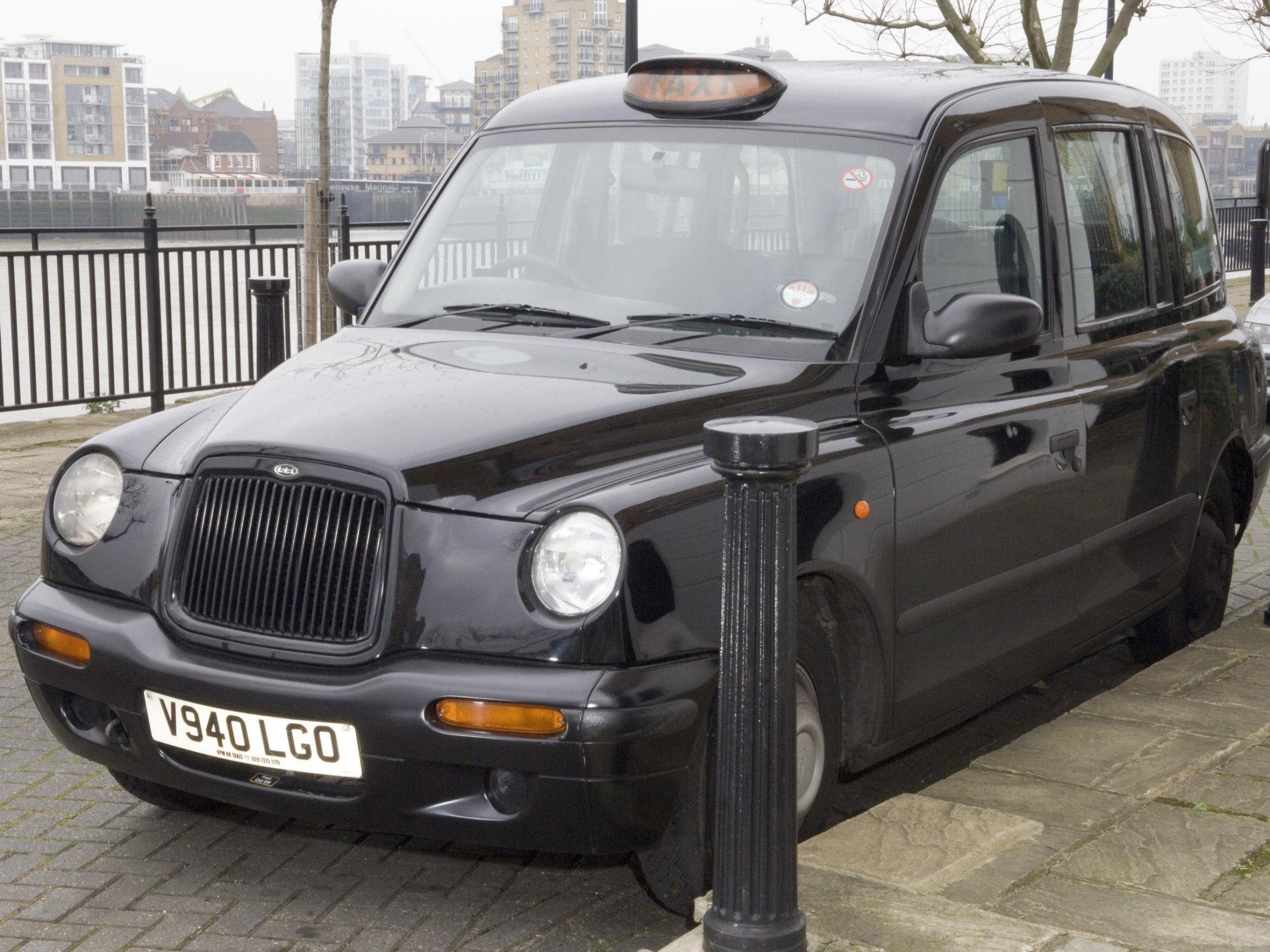John Worboys' victims call for 'black cab rapist' to be banned from London as report warns of probation failings
Plea comes as watchdog warns of ‘weakness’ in National Probation Service that will monitor serial attacker

John Worboys’ victims have called on officials to ban the “black cab rapist” from London when he is released from prison, as a new report criticises the monitoring of freed offenders in the capital.
Lawyers representing one of the 12 women whose cases were prosecuted said she had not been allowed enough time to have her say on what restrictions Worboys will be put under.
The Parole Board and National Probation Service (NPS) are to discuss the conditions of the serial sex offender’s freedom on Thursday amid continued outcry over the decision to free Worboys after serving just nine years of an indeterminate sentence.
Victims called on the NPS to impose an order banning the former cab driver from Greater London, where the vast majority of over 100 women police believed he attacked lived.
“In many cases, he is known to have recorded their addresses and, although the police retrieved one notebook in which these addresses are recorded, there can be no certainty that Worboys has not retained the information elsewhere,” they said in a letter from Slater and Gordon Lawyers.
“Our clients have a real and justified fear that he will know their home addresses.”
It also demanded an express restriction stating that Worboys cannot approach any proven or alleged victims under any circumstances.

Richard Scorer, a specialist abuse lawyer who is representing 11 victims, said his clients “are living in fear of his release”.
“Considering the shambles of this sorry episode so far it is inexcusable that all victims have not been asked to make representations about his restrictions,” he added.
“Our clients already felt betrayed by the way they have been treated by the criminal justice system; they now feel like they are being treated with the utmost contempt.
“This is an absolute disgrace and we demand that all victims – those involved in the criminal trial and those who were not – are consulted before Worboys’ licence conditions are finalised.”
A Ministry of Justice spokesperson said: “The licence conditions for Worboys have not been finalised, and he will not be released until victims have had an opportunity to make representations to the Parole Board on his licence conditions.”
MPs from all parties backed calls for Worboys to be excluded from Greater London after he is freed from prison during a parliamentary debate on Tuesday.
Former Tory minister Anna Soubry said the “predatory sex offender” could not be allowed to re-enter his former hunting ground, adding: “I and many others are struggling to believe that Worboys is no longer a danger.”
But Conservative MP Tom Pursglove warned that even that measure would “be of very little comfort to someone who lives on a county boundary”.

David Gauke, the new Justice Secretary, said the case for excluding Worboys from London had been made “powerfully” but was outside his remit, adding: “We would expect the Parole Board to be sensitive to the concerns that victims might have about their safety, and indeed to the trauma of perhaps finding themselves accidentally in the presence of someone who has committed such terrible crimes.”
Current guidance stipulates that only victims whose attacks were prosecuted must be informed of the process, excluding dozens of others who made other complaints to the police.
Worboys, a former stripper and amateur adult film star, would ply female passengers with spiked champagne, which he persuaded them to drink by pretending he was celebrating a lottery or gambling win.
Police linked him with 83 crimes committed between 2006 and 2008 but more women came forward in light of the court case, bringing the potential total of victims to 102.
The Crown Prosecution Service (CPS) said 14 complainants were involved in the trial and the remaining cases “did not pass the evidential test” needed for a realistic prospect of conviction.
Another 19 allegations that emerged following Worboys’ conviction in 2009 were not prosecuted after consultation between the CPS and Metropolitan Police, and there are no cases currently live.
The Government has announced a review of the Parole Board’s transparency and processes after some victims said they first learnt of Worboys’ impending release through news reports.
The NPS will be responsible for monitoring and rehabilitating Worboys’ following his release and the body is also charged with advising courts on sentences.
But a new report released by HM Inspectorate of Probation on Wednesday said “weaknesses” had been found in the service in London.
The watchdog said the London NPS had been failing to inform courts about the potential risks posed by offenders to children and partners while rushing to compile evidence for sentencing hearings.
Inspectors found too few offenders were abiding by the conditions of their sentence and warned that work to reduce reoffending was “variable”, while the response to breaches of court orders or licensing conditions lagged behind national performance “by some distance”.
Dame Glenys Stacey, HM Chief Inspector of Probation, said: “There were encouraging signs of improvement, but more still to be done.”
The body supervises more than 16,700 higher-risk offenders in London.
The most dangerous convicts, including murderers and sex offenders, are released into probation hostels, where The Independent revealed some jobs guarding offenders are being handed to private companies.
A previous report by HM Inspectorate of Probation warned that the Government’s partial privatisation of the service in 2014 was putting the public at risk, with private firms failing to properly assess the risk of harm in half of cases, while supervising thousands of convicts with phone calls every six weeks.
Michael Spurr, chief executive of the prisons and probation service, said it was working with councils to improve access to safeguarding information and training.
Bookmark popover
Removed from bookmarks